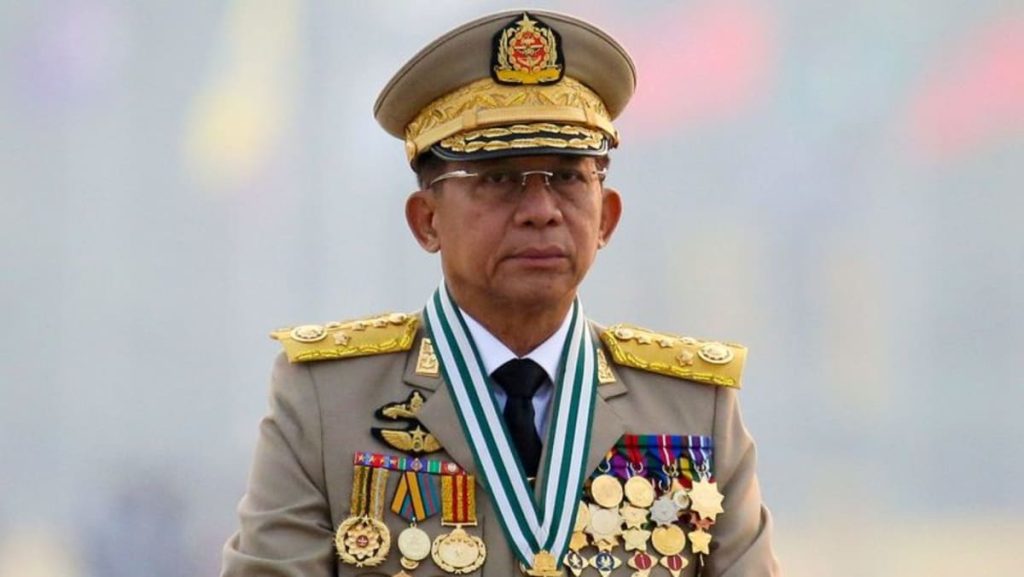China has a complex relationship with Myanmar’s military junta, serving as a major ally and arms supplier while also maintaining ties with ethnic armed groups along the border. Recent weeks have seen an alliance of ethnic armed groups make significant territorial gains in northern Shan state, seizing the military’s northeastern command in Lashio. This marked the first successful opposition to the junta since the 2021 coup, resulting in public criticism of the top generals by their supporters. The junta leader, Min Aung Hlaing, has accused the alliance of receiving weapons from unidentified foreign sources, including drones and short-range missiles.
The territorial gains by the ethnic armed groups have raised concerns about China’s involvement and support for the junta. China has a vested interest in maintaining stability along its border with Myanmar’s Shan state, particularly in Yunnan province. While China has traditionally supported the military junta, its relationship with ethnic armed groups may complicate matters. The alliance’s ability to capture the regional command in Lashio demonstrates a significant shift in power dynamics within Myanmar, challenging the authority of the junta and potentially altering China’s strategic calculations in the region.
The capture of the northeastern command in Shan state has highlighted the growing instability and resistance to the military junta in Myanmar. The rare public criticism of the top generals by their own supporters suggests a loss of confidence in the regime’s ability to maintain control. The alliance of ethnic armed groups represents a formidable challenge to the junta’s authority, raising questions about the military’s ability to quell internal dissent and maintain order. China’s role in the conflict remains ambiguous, as it continues to support the junta while maintaining ties with ethnic armed groups operating along its border.
The Chinese government has been careful to navigate its relationship with Myanmar’s military junta, balancing its support for the regime with strategic considerations along the border. The recent capture of territory by ethnic armed groups has raised concerns about China’s involvement in the conflict and its implications for regional stability. The junta’s accusations of foreign support for the alliance further complicate China’s position, as it seeks to maintain influence in Myanmar while avoiding direct involvement in the conflict. China’s support for the junta is likely driven by its economic interests in Myanmar, including access to resources and trade routes.
Despite its support for the military junta, China has maintained ties with Myanmar’s ethnic armed groups, which control territory near its border. The alliance’s capture of the regional command in Lashio has demonstrated the effectiveness of these groups in challenging the junta’s authority and control. The rare public criticism of the top generals by their own supporters reflects a growing discontent with the regime and its handling of the crisis. China’s continued support for the junta may further complicate the situation, as the conflict in Myanmar shows no signs of abating and the ethnic armed groups continue to challenge the regime’s authority.
The visit of former Chinese foreign minister Qin Gang to Myanmar last year highlighted the close ties between China and the military junta, despite growing tensions with ethnic armed groups in the country. The junta’s accusations of foreign support for the alliance in northern Shan state have raised concerns about China’s involvement in the conflict and its impact on regional stability. The ongoing crisis in Myanmar poses a challenge for China as it seeks to navigate its relationship with the junta and ethnic armed groups, while maintaining its strategic interests along the border. The fate of Myanmar’s democracy leader Aung San Suu Kyi, who remains detained by the military, remains uncertain amidst the growing instability in the country.












